
The Canary Islands is a world-famous resort belonging to Spain, an archipelago located near the Atlantic coast of northwestern Africa. _
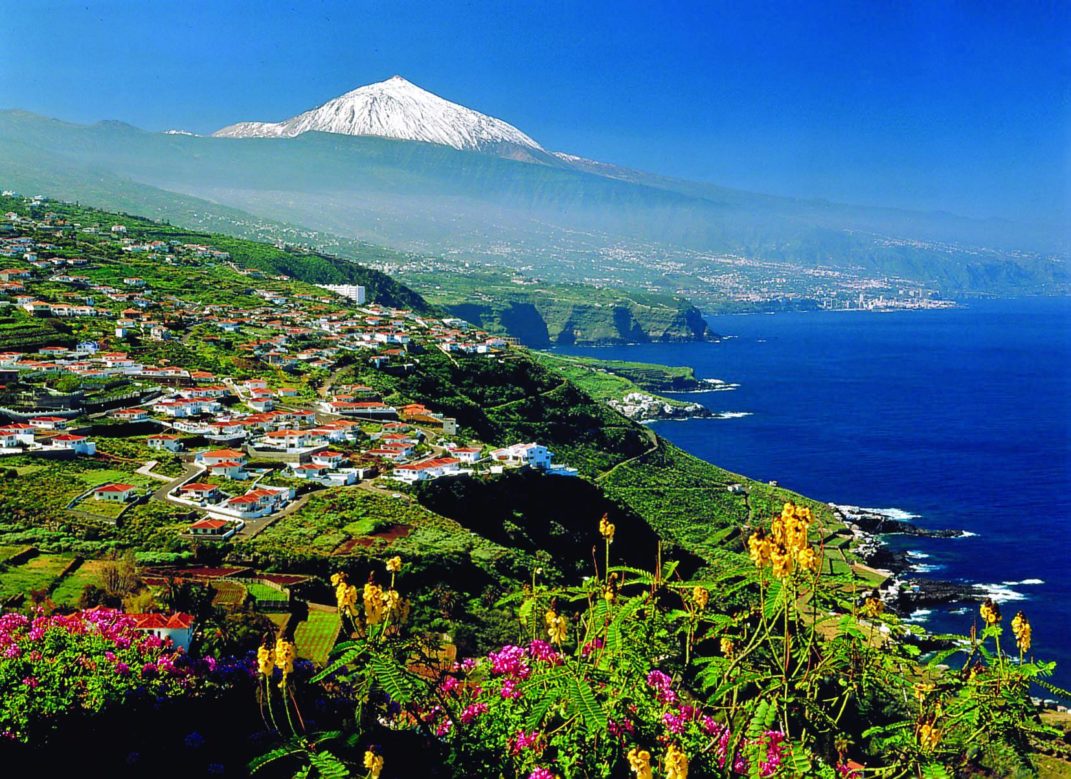
Tenerife island
The islands have been known since antiquity, they were visited by the Phoenicians and Carthaginians. In the Middle Ages, the islands were described by Arab navigators in 1150. They were densely populated, had a highly developed culture and united in proto-state formations. After heroic resistance to the Spanish conquerors in the 15th century, most of the Guanches were sold into slavery or exterminated. The mystery of their origin, language and history is of great interest to researchers. _
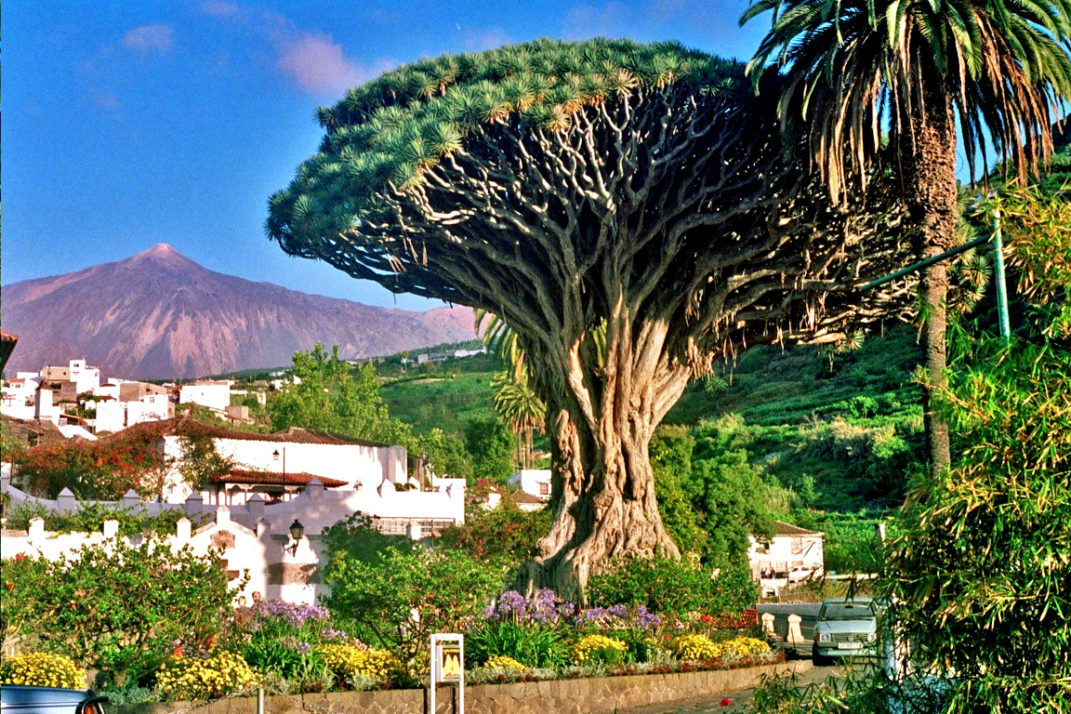
Tenerife island
Most scholars agree on the North African origin of the Guanches, despite the difference in their dialects.
By the time of the European conquest, the inhabitants of the islands were isolated from the African continent and had lost the skills of shipbuilding and navigation. How did they get to the Canary Islands, crossed an ocean strip of more than 100 kilometers? The question remains because the indigenous culture and language have disappeared from the face of the earth. The conquistadors crushed the resistance and killed many of the men on the islands. Those who survived and remained in the Canary Islands, especially the women, gradually mixed with the settlers from the peninsula. Today, their genes are part of the DNA of the current inhabitants._
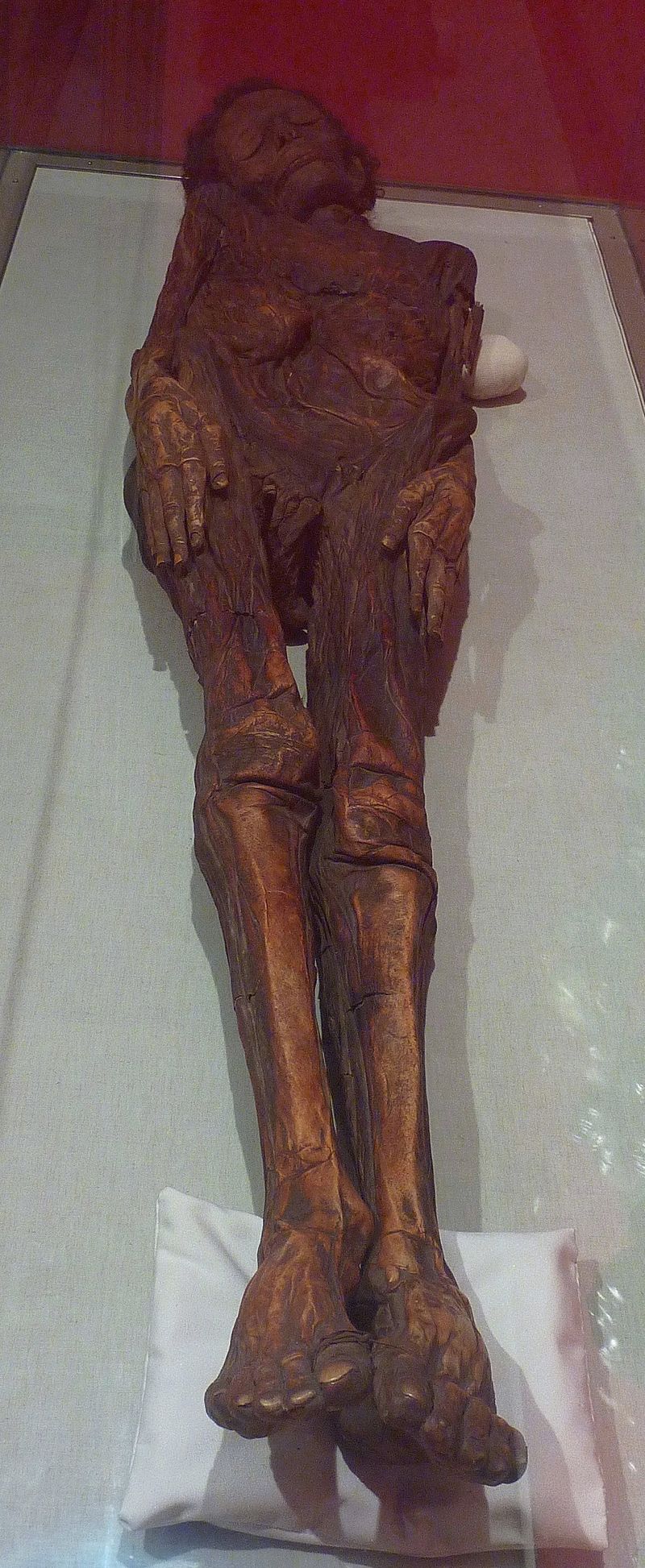
Mummy of an ancient inhabitant of the Canary Islands
But the DNA of local mummies can still help unravel some of the mysteries of the first settlers. By collecting the most representative collection of DNA samples from all over the Canary Islands from ancient burials that preceded the Spanish conquest, the researchers confirmed that most of the indigenous people arrived from North Africa during the first millennium after Christ, probably between 300 and 500 years. The researchers came to this conclusion after extracting mitochondrial DNA, derived from the inside of mitochondria, in the cells of 48 people from 25 archaeological sites.
Extensive genetic evidence confirmed that these natives were a North African population that had already intermingled with people from Europe and the Middle East since Neolithic times.
In fact, before the colonization of the Canary Islands, some Roman and Carthaginian populations had already arrived in North Africa, and the Berbers had already mixed with Europeans and North Africans. The Guanches were similar to other North African populations: they often had dark skin, brown hair, and eyes. But there were also people with lighter skin, eyes and hair.
The data also showed a phenomenon characteristic of the population of the conquered country. Among the natives, many more women survived than men._
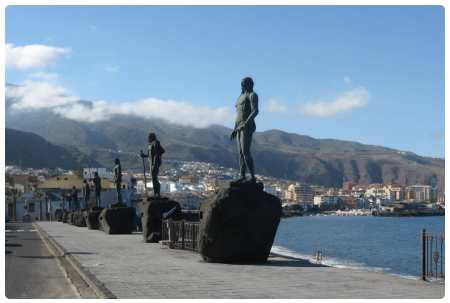
Guanches remember their heroic chiefs
And when the islands were conquered, most of the settlers who came from the peninsula were men. For this reason, today there is an imbalance in the genetic heritage of the aborigines: there are fewer traces of these aborigines in the current Canarian men than in women._
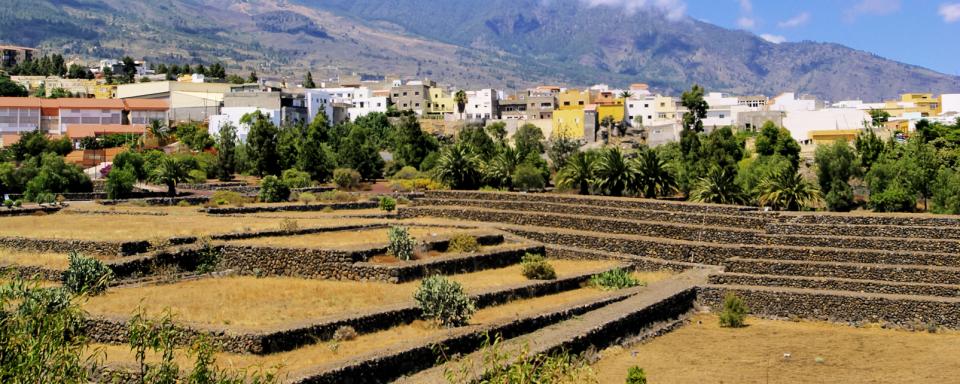
Guanche buildings
The genetic material of the analyzed mitochondria also showed the existence of four specific lineages from the Canary Islands. This is consistent with the hypothesis that the islands were inhabited by these settlers in the first millennium after Christ and have remained isolated ever since. However, genetic analysis also showed that there were at least two major migratory events. One of them allowed the colonization of all the islands, while the other affected the eastern islands, Lanzarote and Fuerteventura and, to a lesser extent, Gran Canaria.
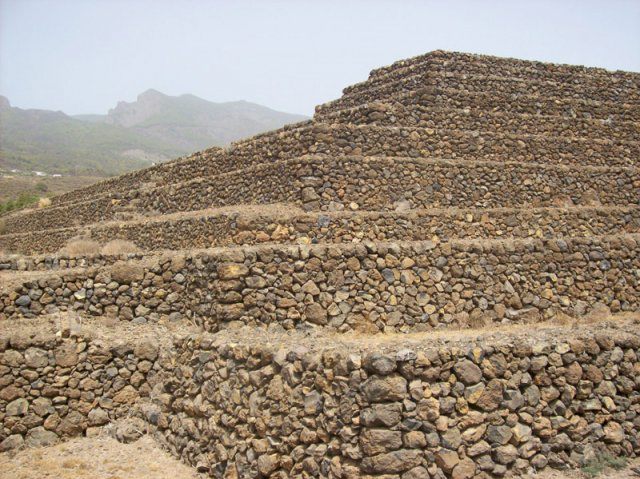
one of the pyramids of the Guanches
In the future, publications on the ancient history of the Canary Islands will be continued.
